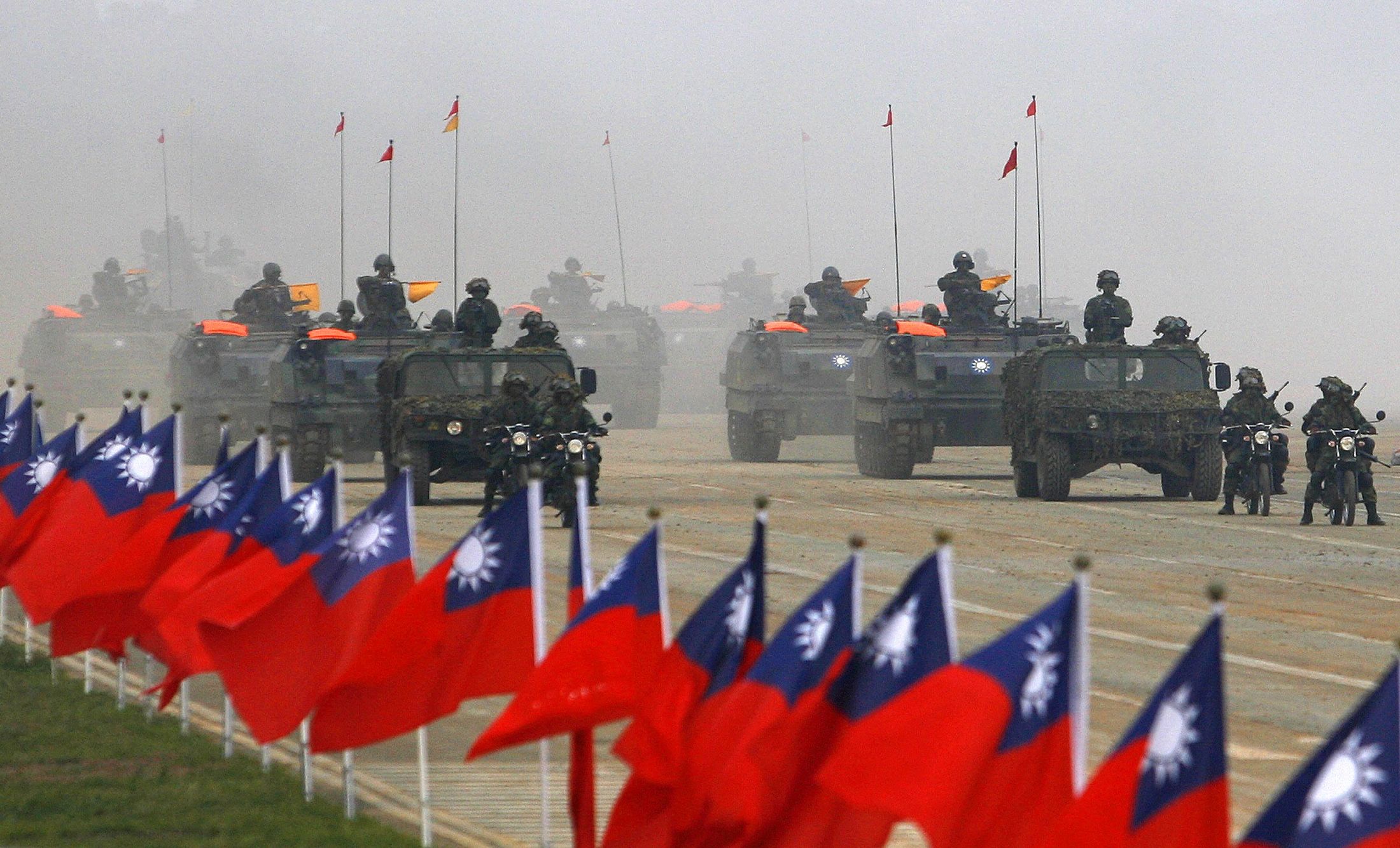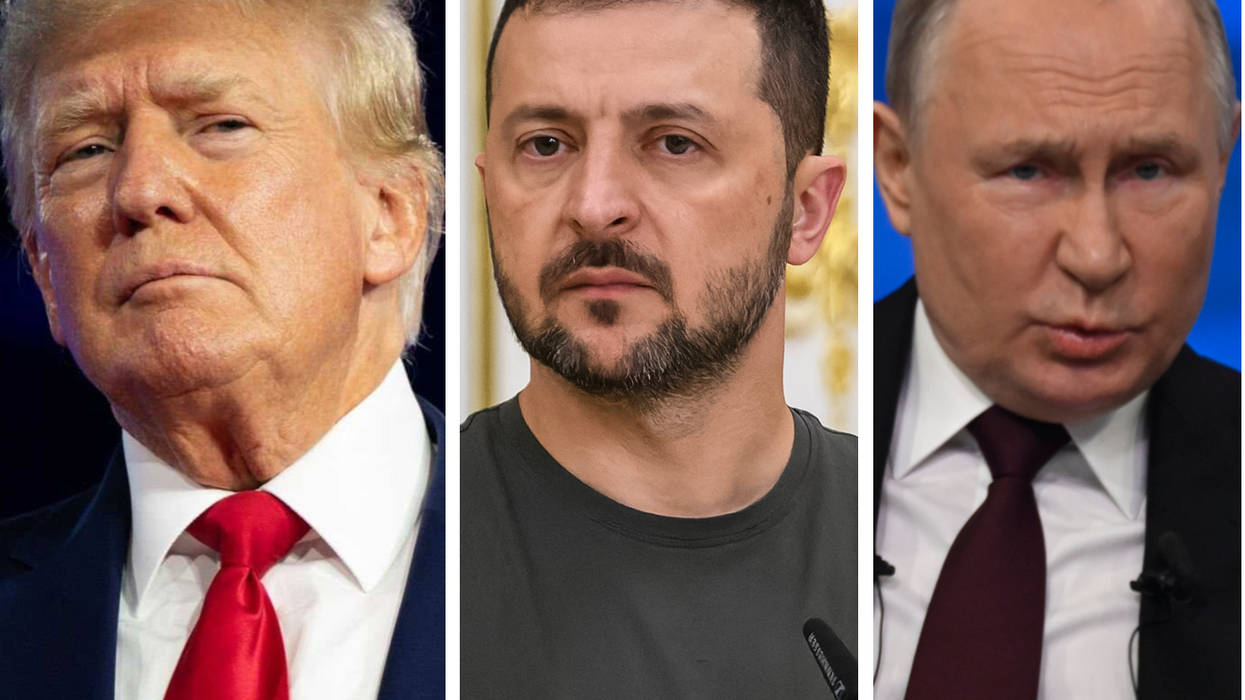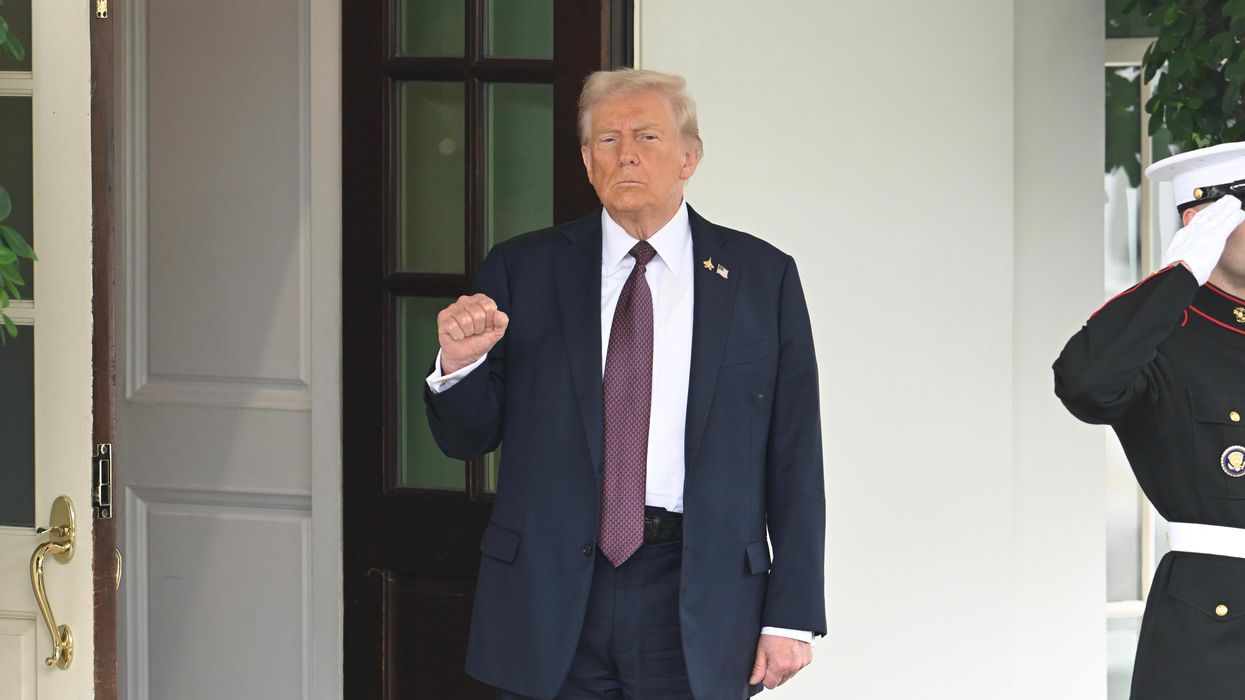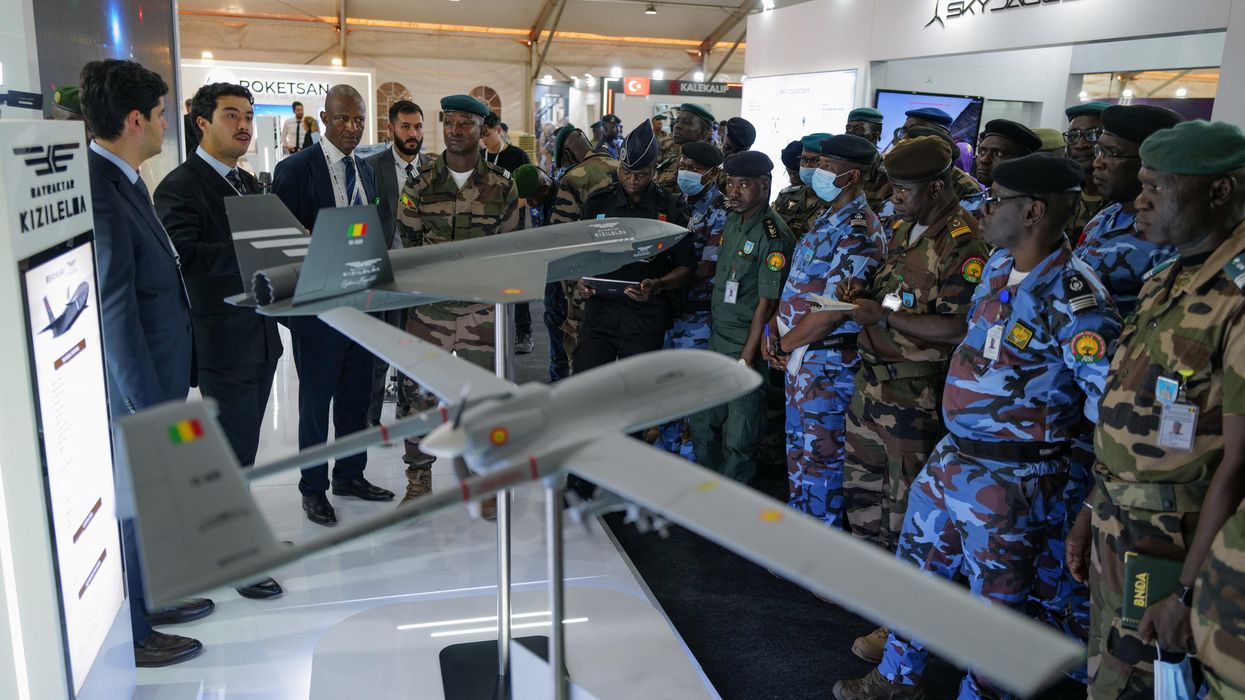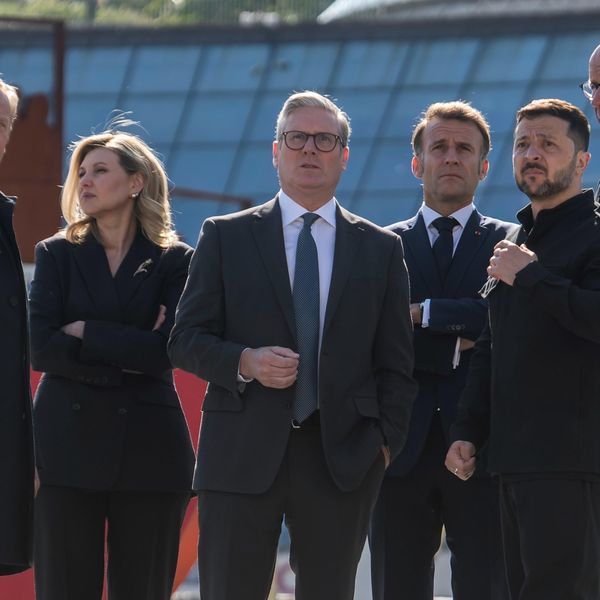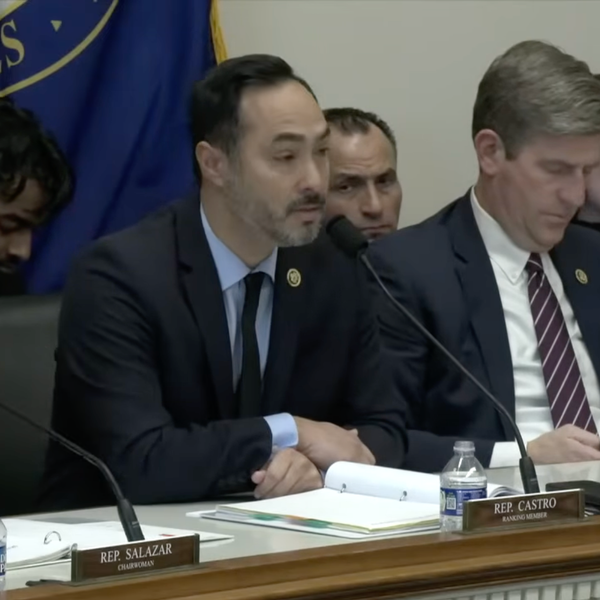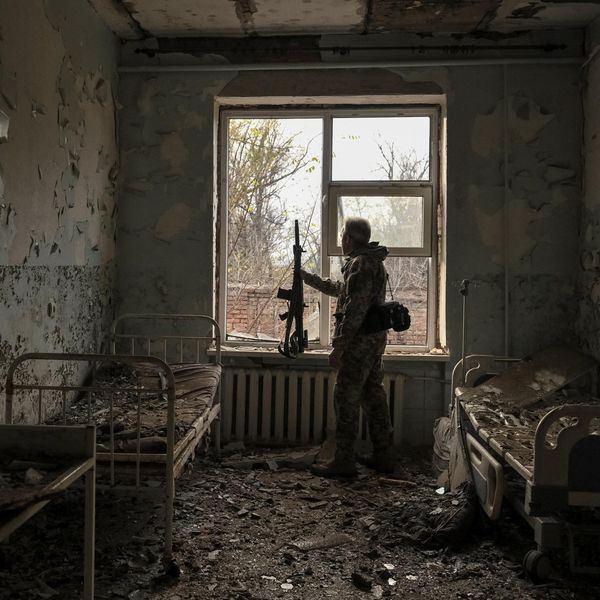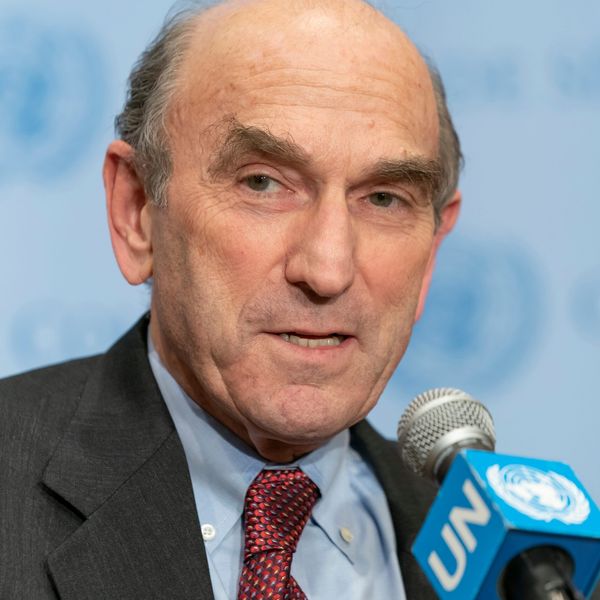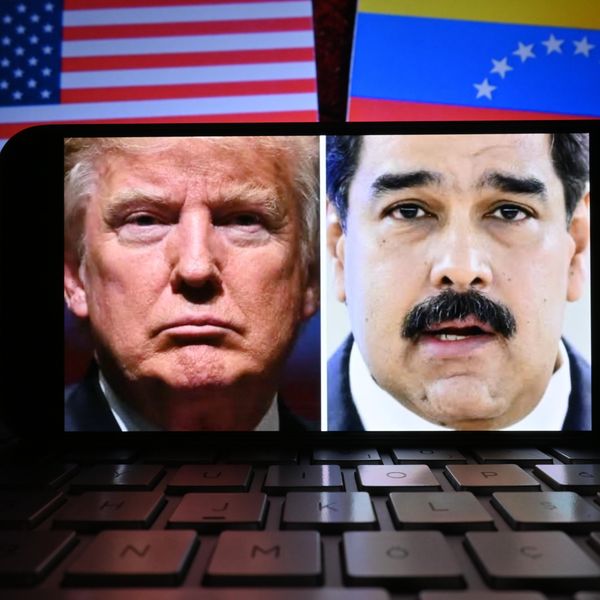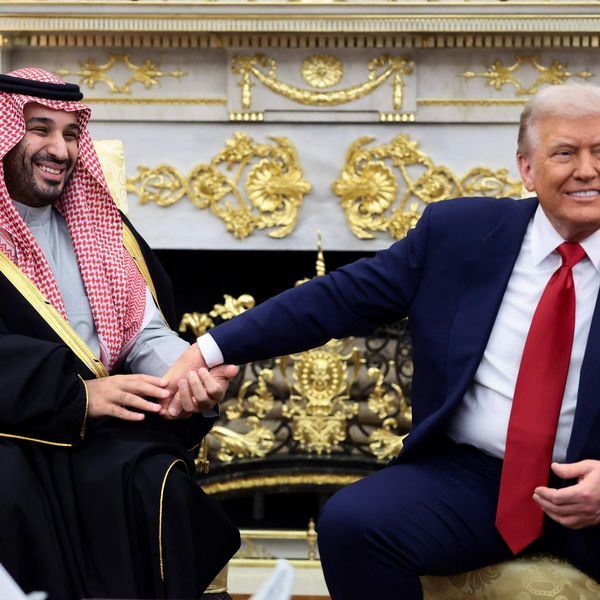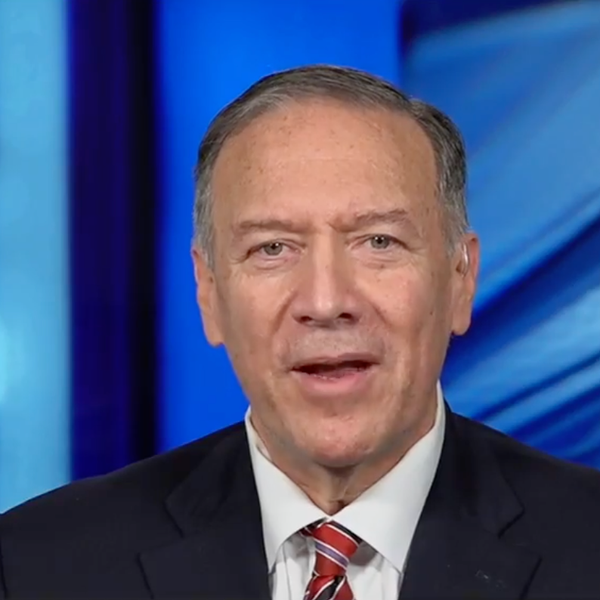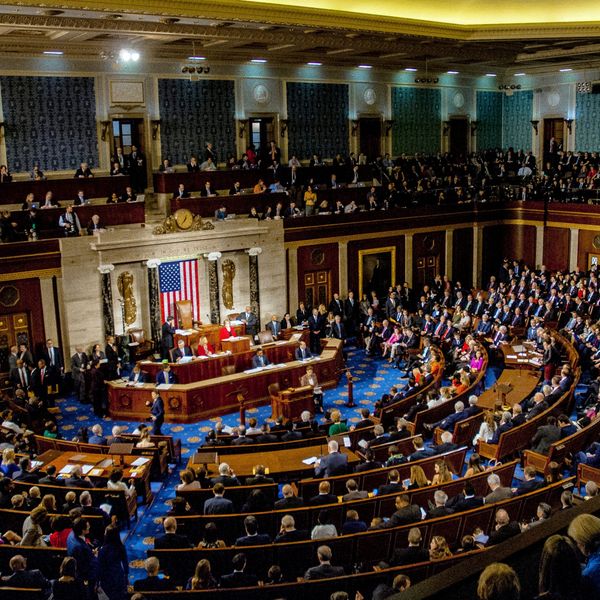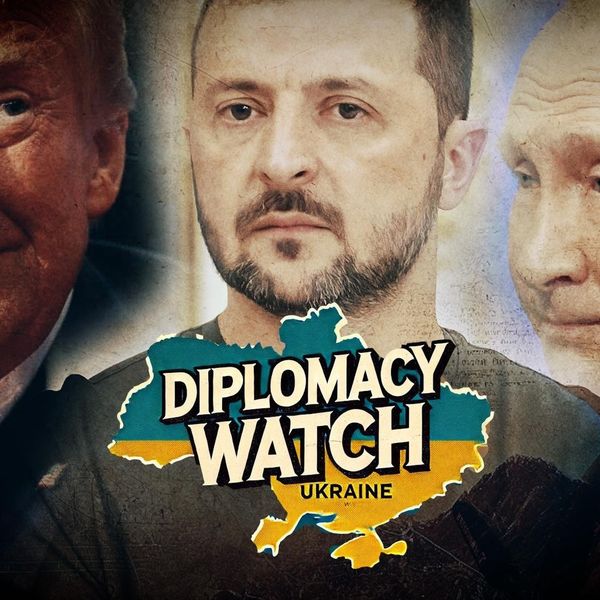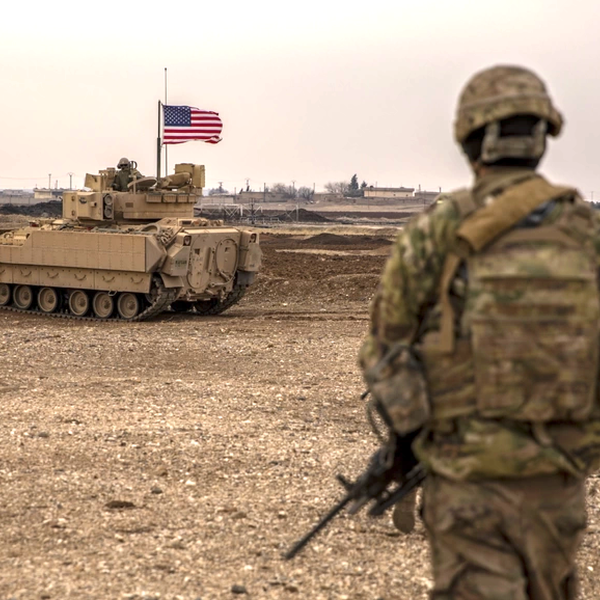Last month, the Senate Armed Services Committee voted to advance the FY2025 NDAA to the Senate floor, which includes a significant provision that would establish a regional contingency stockpile of U.S. weapons in Taiwan.
This stockpile could mirror the shortcomings observed in the War Reserve Stockpile Allies-Israel (WRSA-I) program, and could have equally disastrous consequences for accountability. The Israel-based reserve’s lack of oversight, transparency, and accountability mechanisms serves as a cautionary tale for why such a model should not be replicated in Taiwan.
Insufficient checks, balances, and transparency
The Israel-based reserve does not have the necessary checks and balances to ensure end use monitoring of stockpiled weapons by Israeli forces. This absence of oversight mechanisms has allowed for withdrawals of military equipment without public documentation or congressional scrutiny. In Taiwan, a similar lack of oversight could result in the unregulated transfer and use of U.S. weapons, which carries with it potential to stoke regional tensions with additional military activity and use of force.
The Israel-based reserve's operations are also shrouded in secrecy, with no public inventory or clear policy guidance on allowable transfers of materials. This opacity has enabled unknown amounts of weapons transfers, in the shadow of ongoing conflict and civilian harm, without any public or legislative scrutiny. Establishing a similar stockpile in Taiwan at a time of heightened geopolitical strain in the Taiwan Strait, could diminish transparency further and erode trust in U.S. foreign policy decisions.
Legal, ethical, and escalatory concerns
One of the most concerning aspects of the Israel-based reserve program is its potential to embolden aggressive Israeli military actions by providing easy access to advanced weaponry. In the volatile context of Taiwan, where tensions with China are perpetually high, the presence of a U.S. weapons stockpile could encourage more confrontational postures. This in turn could trigger an arms race, destabilizing the region and posing significant risks to global security.
The legal frameworks governing the Israel-based reserve, such as the Foreign Assistance Act and the Arms Export Control Act, have also proven inadequate in ensuring comprehensive reporting and accountability. Recent legislative efforts, such as the emergency supplemental H.R.815 and the 2023 Securing American Arms Act, have further eroded these constraints, reducing oversight and allowing for more discretionary transfers of defense articles. Replicating this flawed legal and operational structure in Taiwan could similarly lead to U.S. arms being used in violation of international law and human rights standards, or otherwise being diverted to unintended end users.
Enhanced oversight and transparency
To avoid replicating the dangers of WRSA-I, any consideration of a U.S. weapons stockpile in Taiwan must be accompanied by stringent oversight and transparency measures. Congress should mandate comprehensive reporting on all arms transfers and establish robust mechanisms to ensure these weapons are used in accordance with international law and ethical standards. Without such measures, the risks of unchecked militarization and regional instability far outweigh any perceived strategic benefits.
The shortcomings of the Israel-based reserve program provide a clear warning against establishing a similar weapons stockpile in Taiwan. The lack of oversight, transparency, and accountability, coupled with the potential for human rights abuses and regional destabilization, make such a stockpile a highly risky and potentially disastrous proposition. The U.S. must learn from the WRSA-I experience and enact responsible arms transfer policies that promote stability, not undermine it.

